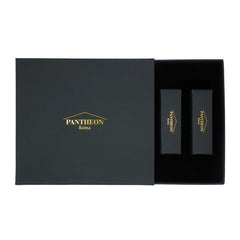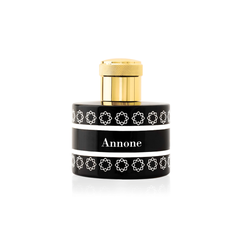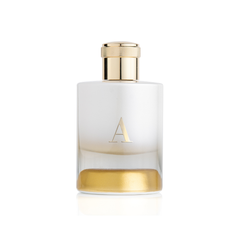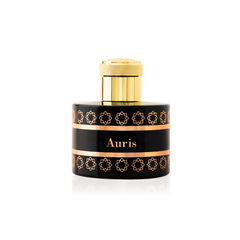Who knows if the gods really love perfumes, but we certainly believe so. We can say that there is no ceremony aimed at the afterlife that does not involve burning or sprinkling a perfume. Thus incense, myrrh and precious resins have always accompanied our odes to heaven. Perhaps, between smoke and pro-fumes, man deludes himself that he can confuse the waters, and make his earthly misdeeds less obvious when he is called before God. Whether the latter falls for it, however, remains to be seen.
The fact is that the custom of diffusing perfumes in sacred rites is very ancient and dates back to three thousand years before Christ. The Egyptians did it, a civilization that grew up on the banks of the Nile and lasted something like four thousand years. Since the beginning of their history, the Egyptians offered perfumed sacrifices to the gods, but they also used to perfume the corpses in funeral rites, anointing them with resins at the time of embalming the mummies. They even emptied the bodies, filled them with aromas and burned them to offer them to the gods.
We do not know why they did it, whether out of devotion, or to cover the bad smells of the decomposing corpses or, more likely, for both reasons.
What seems certain is that before the living, people began to perfume the dead.
It seems that the first to perfume herself while she was alive, for reasons of vanity, was Queen Hatshepsut (1473-1458 BC). In love with perfumes, the sovereign organized an expedition of ships headed to the land of Punt (probably a territory that today would include Eritrea, Somalia and Sudan), in search of perfumed essences. They returned laden with aromas and fragrant plants that the sovereign had transplanted in Egypt to always have them available. There is evidence of this journey in a bas-relief in a temple in Thebes, the Egyptian city located right along the Nile.
The people of Israel were no less, who already 1400 years before Christ narrated how God ordered Moses to procure Frankincense, Myrrh, Cinnamon, Cassia, Sweet-scented Rush and olive oil, to compose a perfumed ointment for the ceremony. This perfume - warned the Eternal Father - should only be used for the sacred rite and man should never use it to perfume himself. In short, at the time, the art of perfuming was truly reserved for a few. We were at the dawn of Niche Perfume.






Leave a comment